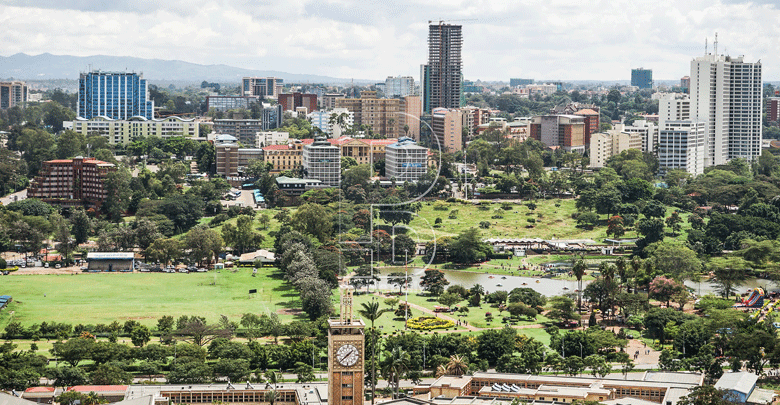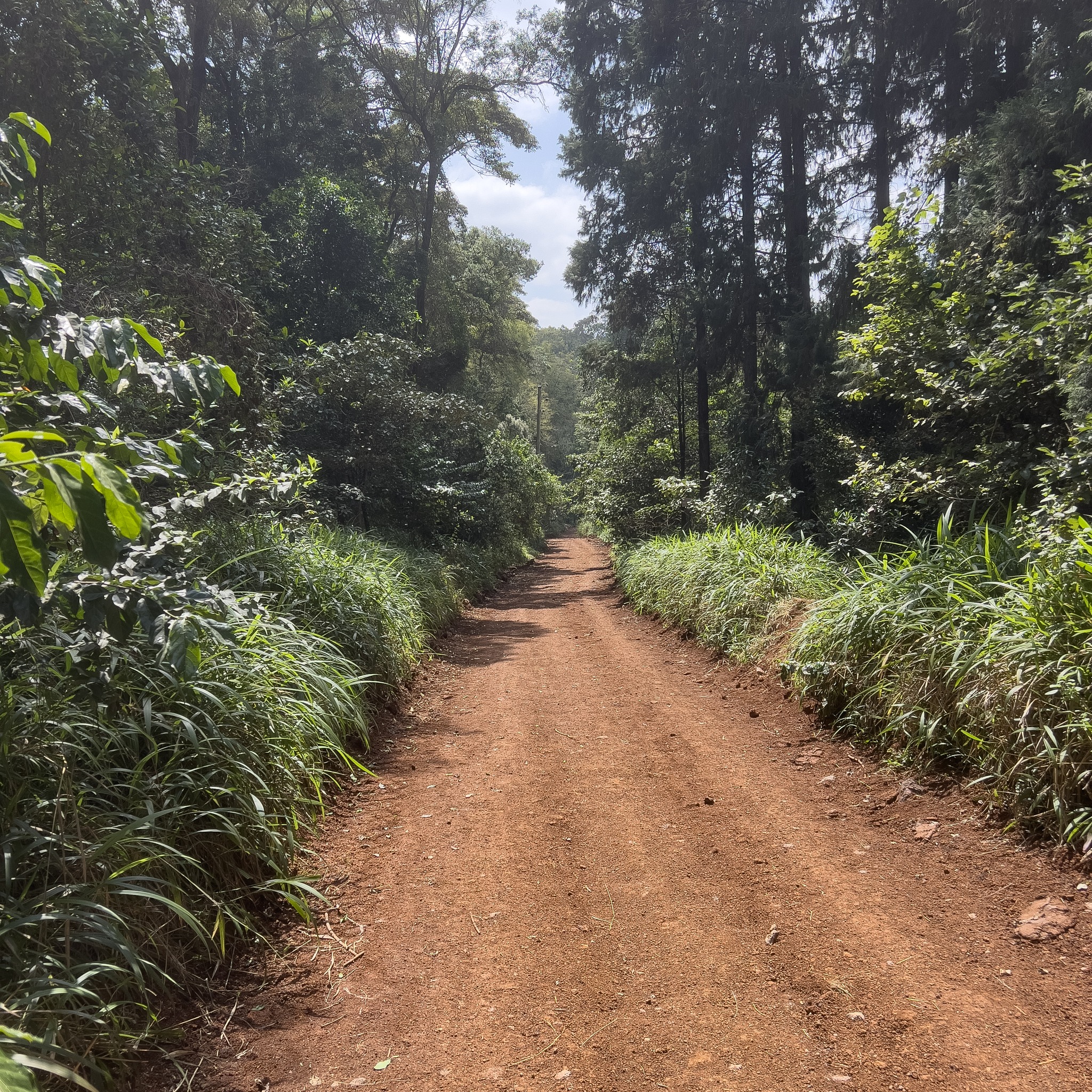Green spaces crucial in fight against climate change

By John Tanui.
The 21st century has witnessed rapid and transformative urban development fueled by social-economic and political factors.
While urbanisation has come with an array of opportunities, many cities are increasingly grappling with challenges such as air pollution and traffic congestion, raising concern on how the quality of life for people living in cities will be in the future.
Data from the United Nations Habitat indicate that cities consume 78 per cent of the world’s energy and produce 60 per cent of greenhouse emissions. It is in light of these statistics that the role of green spaces in reducing the impact of climate change becomes evident.
Green spaces are defined as any vegetated land or water within an urban area that is undeveloped for purposes of offering a conducive environment for people to play, relax or even work. The Nairobi Arboretum and Karura Forest are some of Nairobi’s notable green spaces.
With the UN-Habitat revealing that health mechanisms remain a critical aspect for sustainable living, now is the time to see how green spaces can be utilised for better health. With health crises like Covid-19 pandemic projected to stay longer than expected, prioritising open spaces in cities will be important in managing health aspects such as managing stress and enhancing social relations.
The Konza Technopolis has set aside 79 acres landscaped into public parks, open spaces and green corridors within its Phase one.
It is worth noting that the Technopolis’ green spaces have about 10,000 trees and 50 site matched plant and shrub parks and open spaces which are envisaged to improve the quality of residents and investors in the city.
In keeping with the President’s call to Kenyans to work towards achieving a minimum of 10 per cent forest cover by 2022, Konza Technopolis is rolling out the Konza Greening Programme which aims to make it the leading green city in Africa and provide a model for greening cities and urban areas in the region.
The key objectives of Konza Greening Programme are to establish a 10 million smart tree Nursery and undertake Tree planting exercise.
In June, Konza Technopolis launched the smart tree nursery for the promotion of environmental conservation, economic empowerment, and social stability.
The smart nursery includes the full automation of potting procedure and smart production of about 20,000 pots per hour.
The nursery is deploying alternative planting medium, other than soil to reduce soil degradation while also leveraging on biodegradable polystyrene trays to avoid polybags.
The smart nursery also entails the use of Site Species Matching Tool to define the best species of an area for conservation, commercial or even urban planting as well as the use of humidity and moisture sensors.
It is against this backdrop that the Authority recently launched the Short Rains Tree Planting Campaign.
The campaign is in commemoration of the Conference of Parties (COP26) whose focus is “to accelerate action towards the goals of the Paris Agreement and the UN Framework Convention on Climate Change”
The campaign is in recognition of the need to curtail deforestation in order to align with reaching net zero by the middle of the century and keep the 1.5 degrees goal within reach. To do so, we need to adapt to protect communities and natural habitats by protecting and restoring ecosystems.
Konza Technopolis Development Authority has so far planted over 27,800 tree seedlings which are thriving at a survival rate of more than 95 per cent. Konza Technopolis targets to plant at least 10,000 tree seedlings every year for both the Technopolis and the community.
This is with a view to ensuring that Konza’s development meets the needs of present generations without compromising the needs of future generations.
As highlighted in the August released landmark study by the UN’s Intergovernmental Panel on Climate Change (IPCC), now is the time for governments and organisations to accelerate the action to cut emissions of greenhouse gases to stabilise rising temperatures.
With that realisation, we should prioritise green spaces development even in existing cities like Nairobi or upcoming ones like Konza Technopolis. Now is the right time to commit and ensure that we sustain the growth and existence of green spaces now and into the future.















